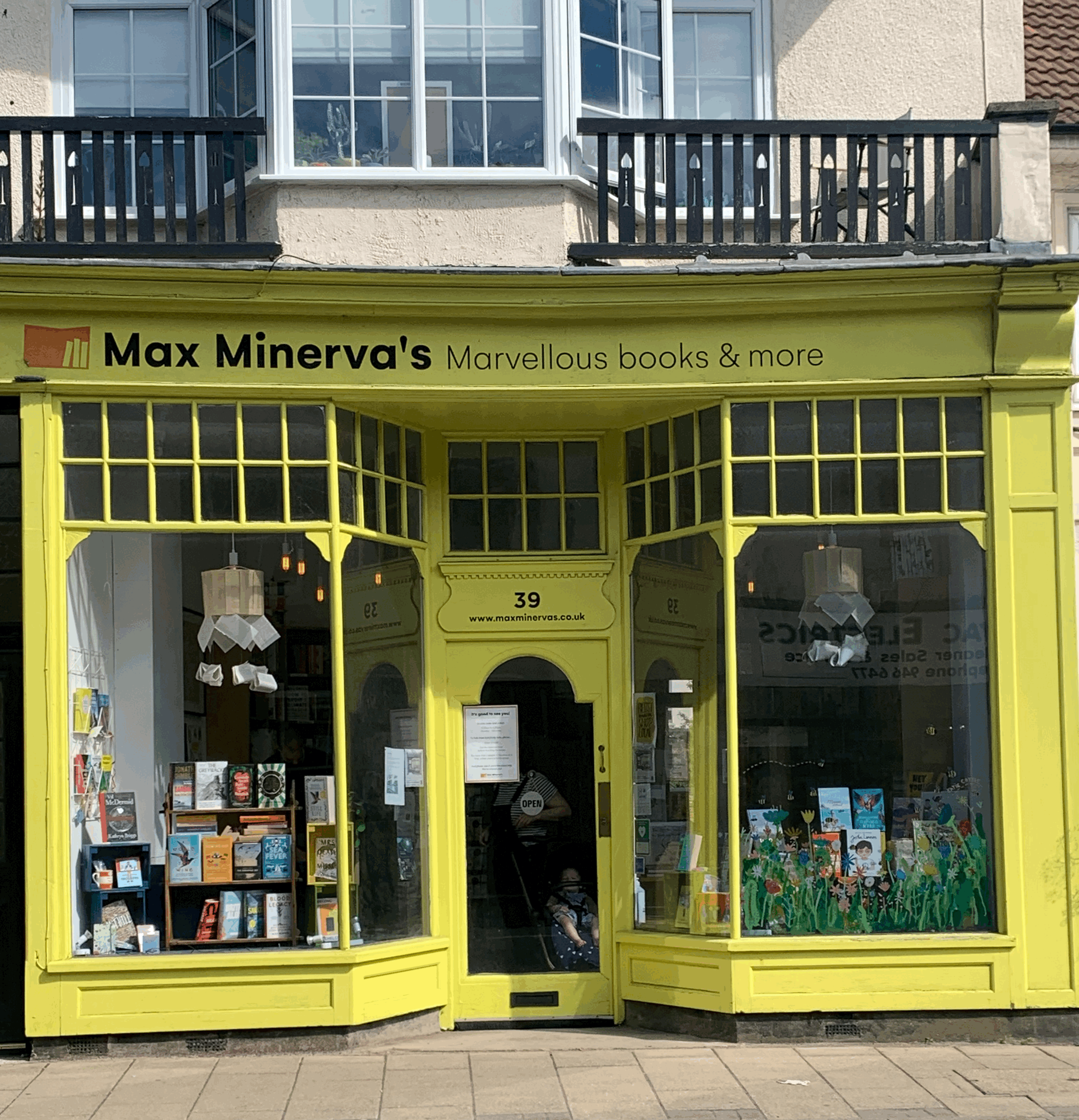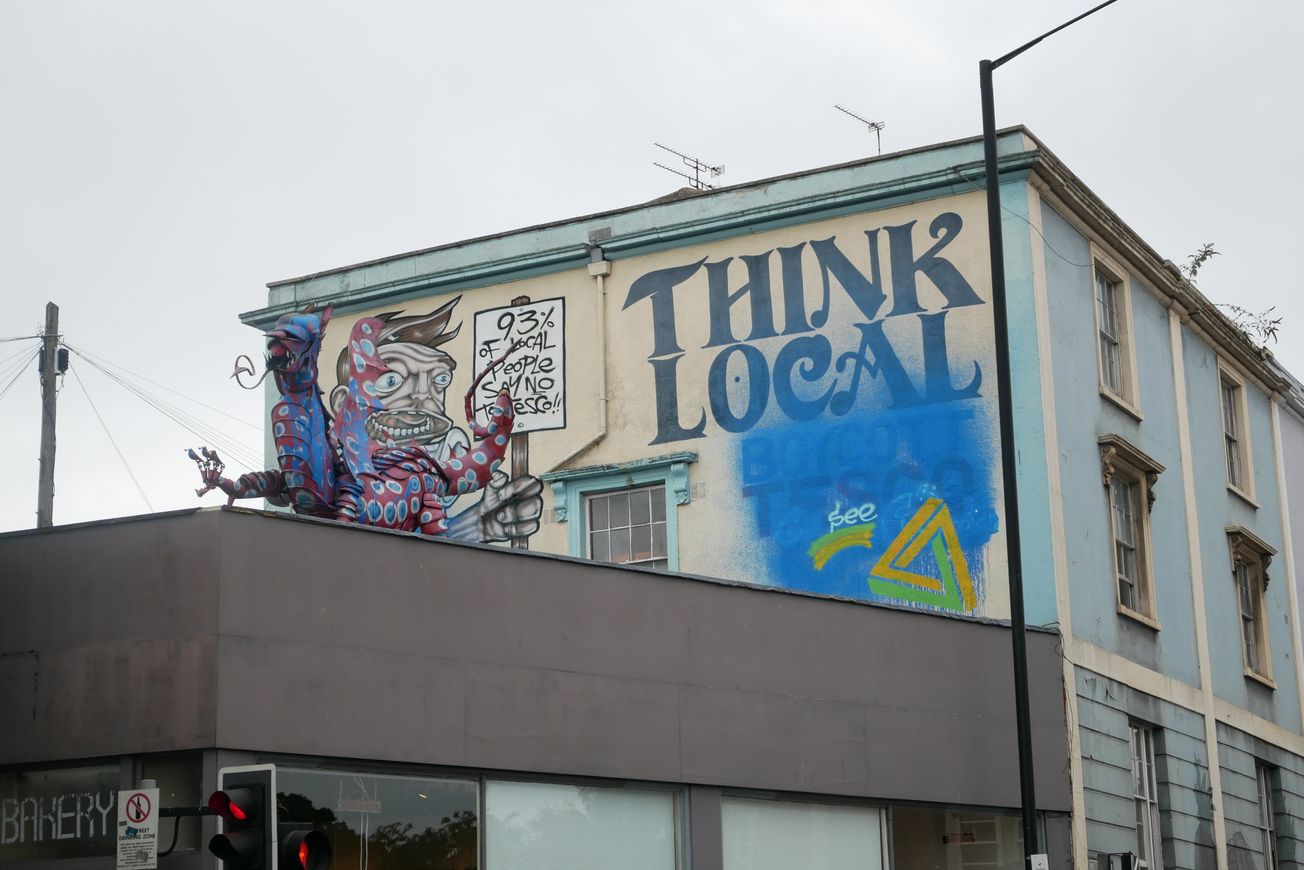By Milan Perera, Second Year English and Community Engagement
I could not help but stop and take a photograph of the following notice from The Clyde, a local pub in Redland, as I passed by on a rainy afternoon:
‘Please sanitize hands upon entry. Have fun! Theories, Politics, opinions and whinging are of no use here. Thanks for your continual support and respect throughout the apocalypse. Xxxx’
Though this quirky message is devoid of didactic rigidity, it is intended to send a clear message to its clientele even after the lifting of restrictions; the business owners recognise that the lockdown imposed at the height of the pandemic has been disastrous. They used the biblical term for End Times, the ‘Apocalypse’, to express the difficulty of the situation they faced, and are equally aware of the ongoing debate on individual liberties and curbing the spread of the virus, which is still at large even after the effective vaccine rollout. Finally, they thanked their customers for their continued support.

With the introduction of subsequent restrictions, the downward spiral of independent business notoriously having to close should have continued. But, much to the surprise of everyone, smaller local businesses have shown a great deal resilience.
Epigram interviewed several local independent businesses which seemed to have come out of the lockdown unscathed. Firstly, we visited Brewer’s Droop on Gloucester Road, which has been a mecca for craft ale connoisseurs. It is without a doubt a cornucopia of a wide range of locally brewed ales and ciders. When asked about his strategies on how the business stayed afloat, Mark Duffield, the proprietor, pointed out that partner brewers kept producing their flagship ales with no discernible dip in output.
With slick advertising on social media platforms, the business reached a wider customer base. The ability to order online and have goods home-delivered caused sales to rise steadily throughout the lockdown. Throughout lockdowns and working from home, the public have found more free time to try a new hobby or to rekindle an old one. To cater for this, Brewer’s Droop sold home-brewing kits to help keep their customers engaged.

Currently, the store does not take a strong stand on face masks, hand sanitisation or social distancing as there are practical difficulties - such as the actual size of the shop, which is significantly smaller than a conventional store. In line with this, the shop front is latched open to create a welcoming atmosphere.
It goes without saying that the government-funded furlough scheme has supported many businesses, both large and small. But there has been a distinct shift in public perception of independent shops; they feel it is their duty to make a conscious contribution, even in a small way, to help them stay afloat. While some helped spread word of local business both in conversation and in local newsletters, most local businesses found that generous Google Reviews helped drive in new customers, including the popular Stokes Croft public house, The Hare On The Hill.
The pub had built up a reputation for its sale of craft ales over the years. During the lockdown, although the pub itself was closed, customers both old and new could place their orders over the phone for home delivery. The husband-and-wife duo, Ed Johnson and Liz Chambers, owners of The Hare On The Hill, were more than happy to deliver orders to customers’ doors.

Since the new millennium, there has been a mass proliferation of major retail chains in all major towns, which has led some analysts to coin the phenomenon ‘Clone Town Britain’. For a considerable period, the public has been disenchanted with the practices of these retail giants and the lockdown provided a watershed moment, urging customers to make conscious, ethical choices about where to source their goods.
Gradual re-engagement with local businesses and the people who run them has accelerated during the pandemic, which has led to a renaissance in local streets. For instance, Max Minerva’s, an independent bookshop in Westbury Park, implemented a click and collect desk at the front of the closed store. Sales rocketed over Christmas 2020, as the community turned towards their local bookstore for gift ideas rather than global retail giants such as Amazon. Even after fully opening the shop after the lifting of the restrictions, online click and collect is still a popular service among the bookshop’s customer base.

Speaking to Epigram about their lockdown experience, the owner of Max Minerva’s, Jessica Paul, commented that, ‘We were lucky to be able to stay open and provide a click and collect service during the last lockdown, and during Christmas we were open to two customers at a time. We had so much community support that it helped us have the best year since opening.’ After ‘Freedom Day’, Jessica elaborated that, ‘We are still requesting that customers wear masks […] just to make sure that our more vulnerable customers feel comfortable visiting us.’
The devastating impact of Covid-19 on local businesses in Bristol
University of Bristol offers 100 fully-funded internships to businesses
It appears that the pendulum has swung decisively in favour of the local independent businesses despite the pandemic and the subsequent periods of lockdown, meaning the future seems brighter for local retail both in Bristol and beyond.
Featured Image: Epigram / Lucas Arthur
What is your favourtie independent business in Bristol?









